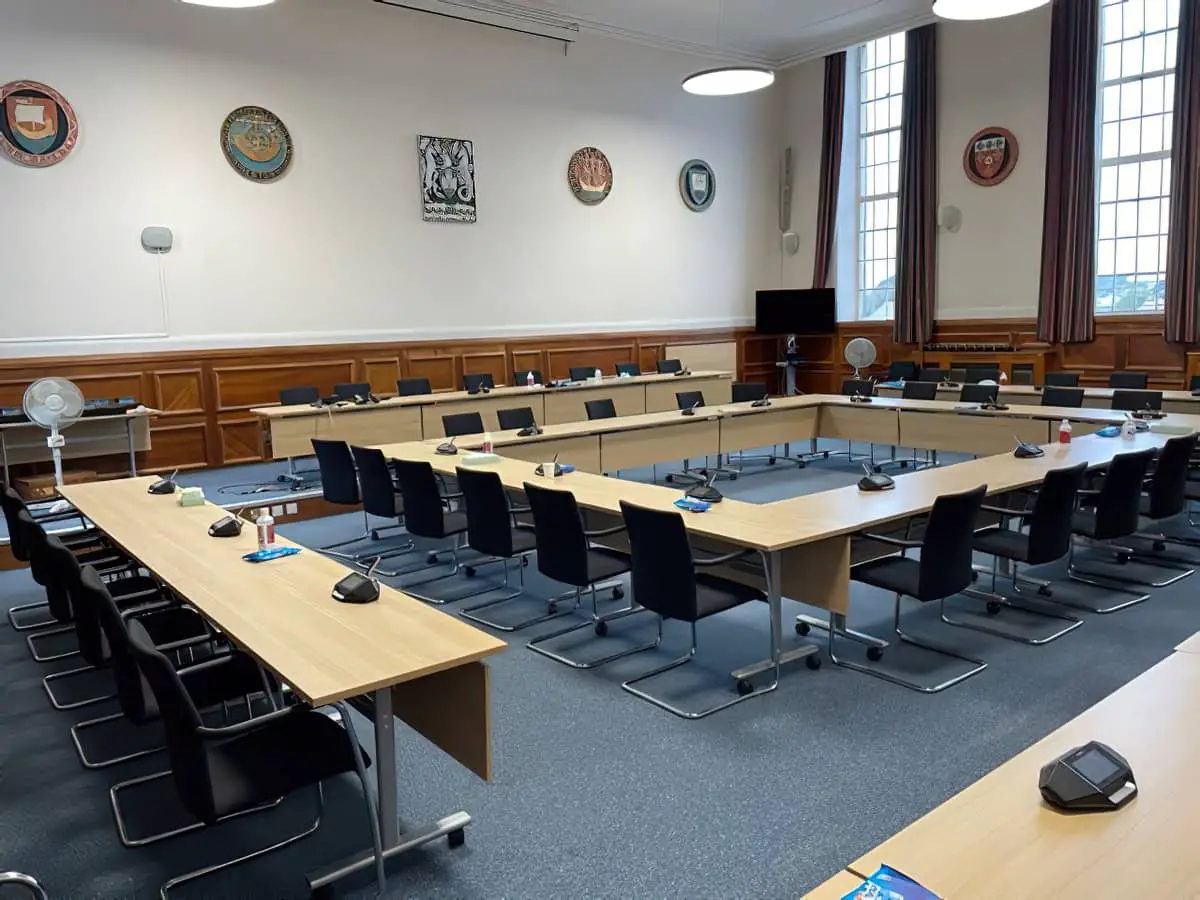The Local Government Information Unit (LGIU) has published exclusive polling data from Ipsos on UK attitudes to local elections, the work of councillors and role of local government.
According to the new polling, local government and local councillors were felt to have the most impact on people’s daily lives and the quality of life in our communities.
However, a good majority of respondents lacked knowledge and awareness about how councils work and what councillors actually do.
Know little or nothing about work of local councillors
More than half of UK adults (53 per cent) said they know little or nothing about the work of their local councillors and how decisions are taken in their local council (54 per cent).
Similarly, when it comes to confidence in explaining to others what local councillors do or how decisions are made by their local council more than half of the UK adults say they are not confident in doing so (53 per cent and 56 per cent respectively).
Importance of voting in local elections
As far as voting in local elections, seven in 10 adults in the UK feel they are well informed about why it’s important to do so and 83 per cent of those who often/always vote in local elections feel they are well informed about why it’s important.
However, a clear disconnect plays out on polling day when turnout in local elections is only around three in 10 adults.
How good are they at communicating?
About a third of UK adults (32 per cent) said the local councillors in their area do a bad job at telling people about the work they do in their local area.
However, more than a third (36 per cent) think local councillors in their area do a good job at providing information on issues / services in their local area and at making decisions in the best interests of their local community.
Decision-making
When it comes to decision making in local areas, about a third (35 per cent) said they would like to know more about the process, but don’t want to be involved beyond that.
On the other side, more than one in four (28 per cent) said they would like to have more of a say in how decisions are taken in their area.
Previewed in April
The polling date was previewed at LGIU’s State of the Locals election experts panel in April with speakers Keiran Pedley (Research Director, Ipsos UK), Peter Stanyon (Chief Executive, Association of Electoral Administrators), Allan Faulds (Ballot Box Scotland), Jonathan Carr-West (Chief Executive, LGIU) and Ingrid Koehler (Head of Content, LGIU). You can watch the discussion again here.
Carr-West: These institutions are a bedrock of our society
Jonathan Carr-West, Chief Executive, LGIU said,
“More work needs to be done to tell the story of local government. It is our councillors and council officers who are on the ground, day in and day out, batting for residents and our communities. However, the majority of UK adults have very little understanding of what they actually do.
“These institutions are a bedrock of our society and something we should not take for granted. As we head into these local elections, it is essential that the British public understands the power of their vote and the impact that local government has on their communities.
“It is councils who, after more than a decade of funding cuts, are continuing to care for the elderly, safeguard vulnerable children, invest in housing and drive local growth.
“It is councils who, throughout the pandemic, supported their most vulnerable residents and made public health work where central government interventions failed. Their work goes far beyond bins and parking and their story must be heard.”
Pedley: The public appetite for more information does exist
Ipsos Research Director Keiran Pedley said of the research,
“These findings show that the public clearly recognise the importance of local government and voting in local elections, but at the same time large numbers do not feel well informed about how decision-making works at the local level.
“Given that most do not seek active involvement in local government and decision-making, building understanding in this area will likely be a challenge, although public appetite for more information does exist.”
The data
Ipsos UK interviewed a representative quota sample of 2,076 adults aged 18-75 in the United Kingdom. Interviews took place on the online Omnibus using the Ipsos. Digital platform between 8th and 11th April 2022.
The data has been weighted to the known offline population proportions for age, working status and social grade within gender, and for government office region and education, to reflect the adult population of the United Kingdom.
News shared by Jen on behalf LGIU. Ed





